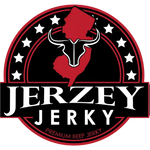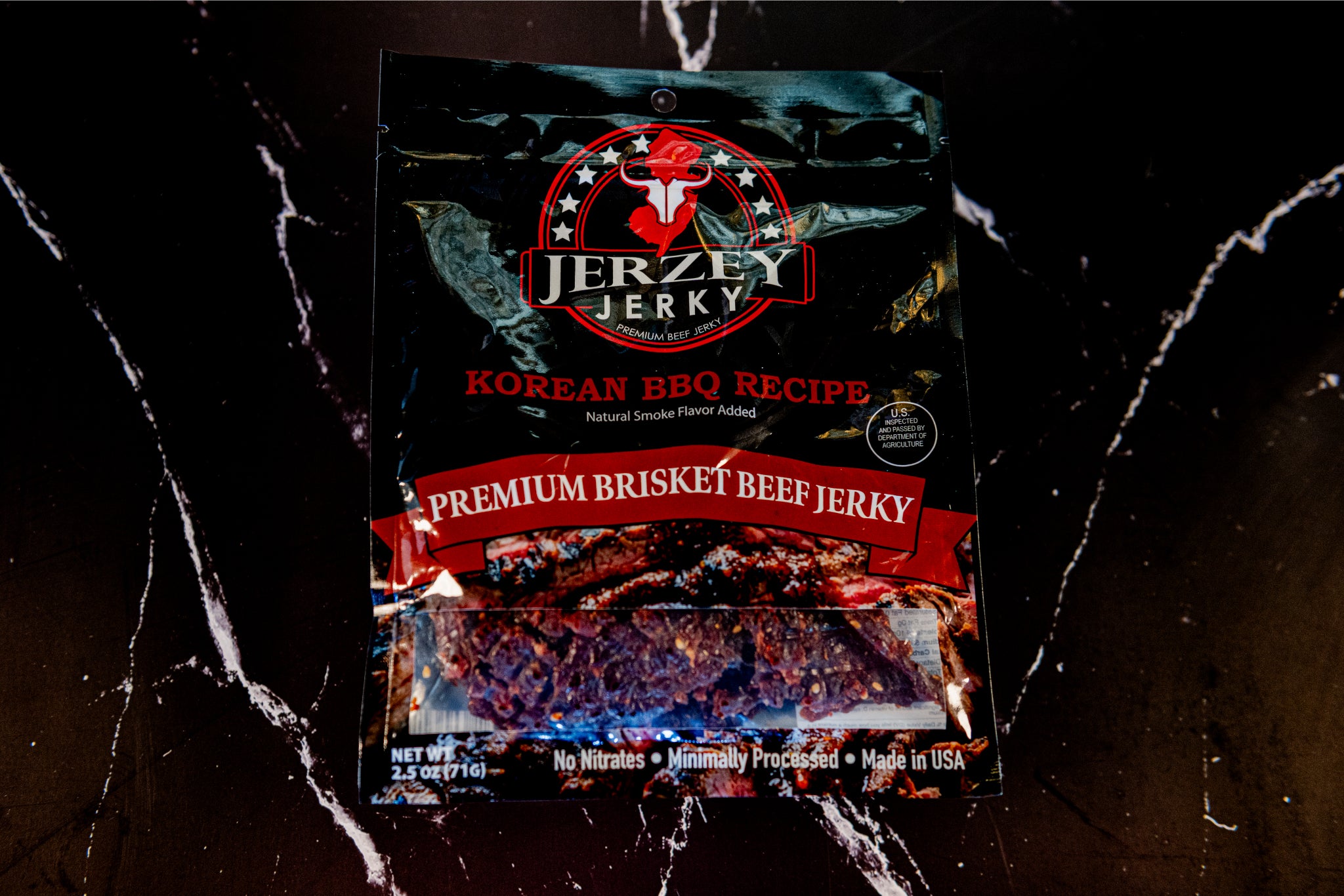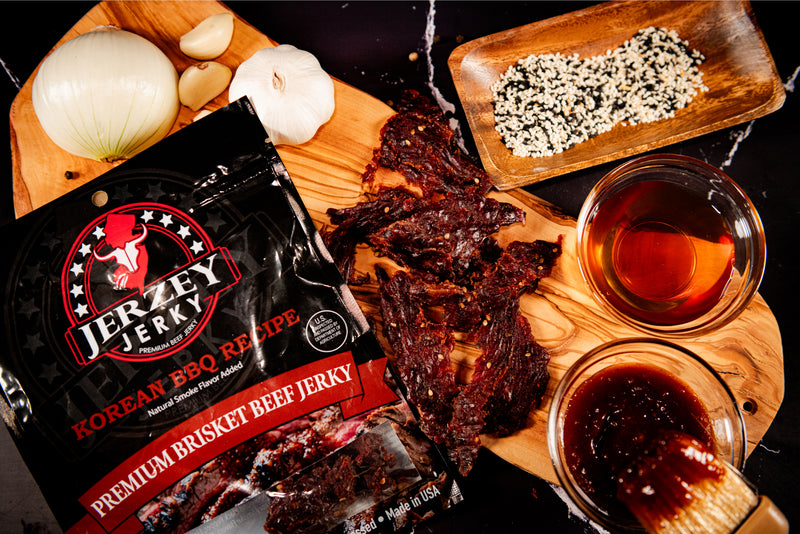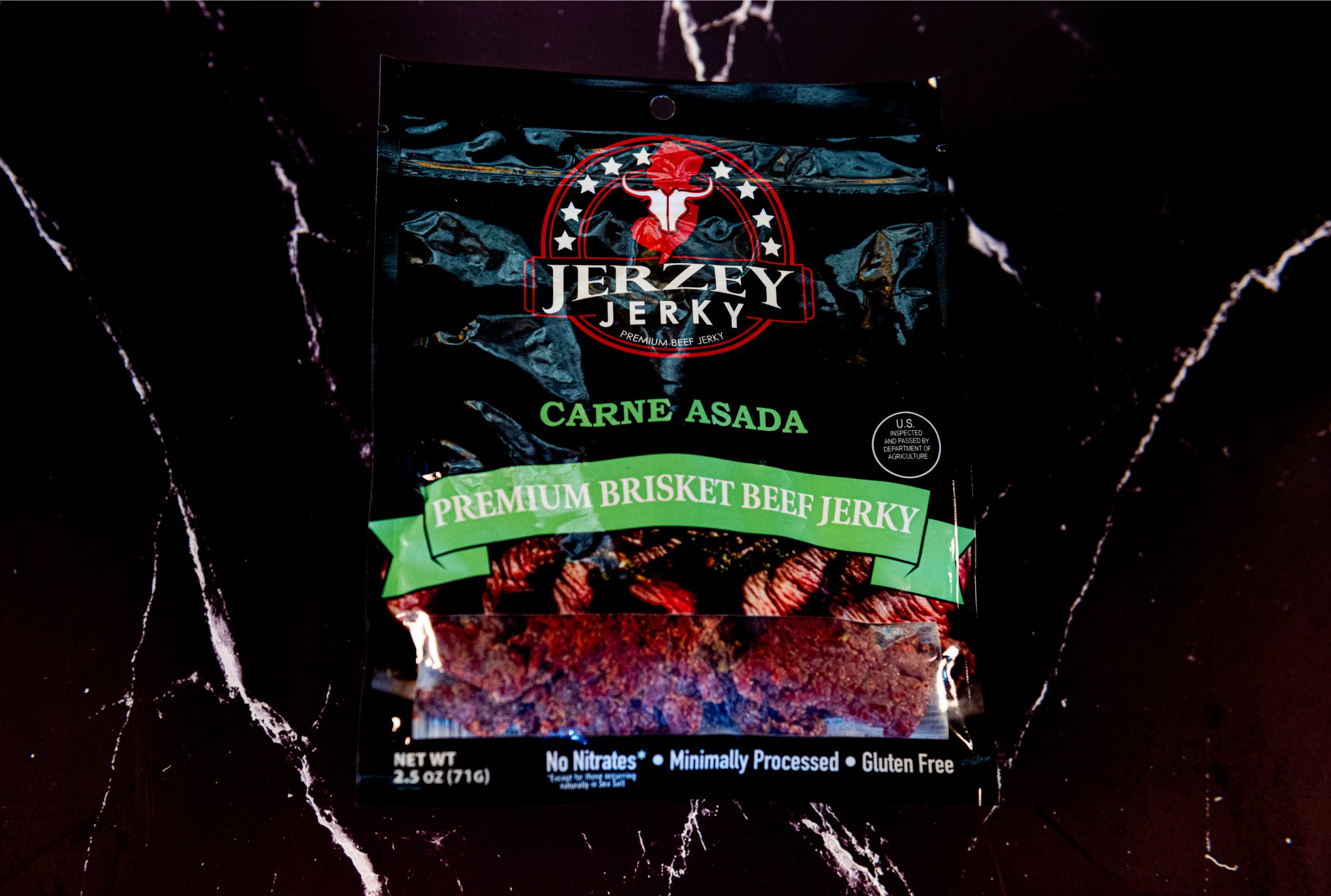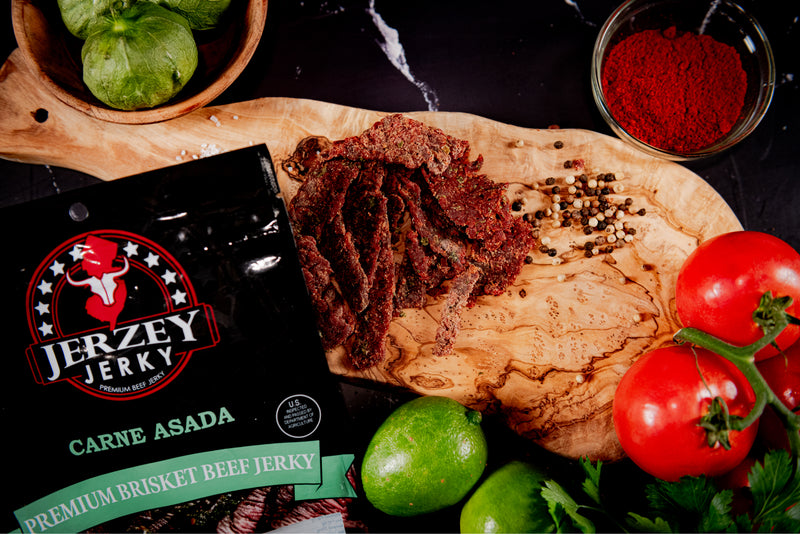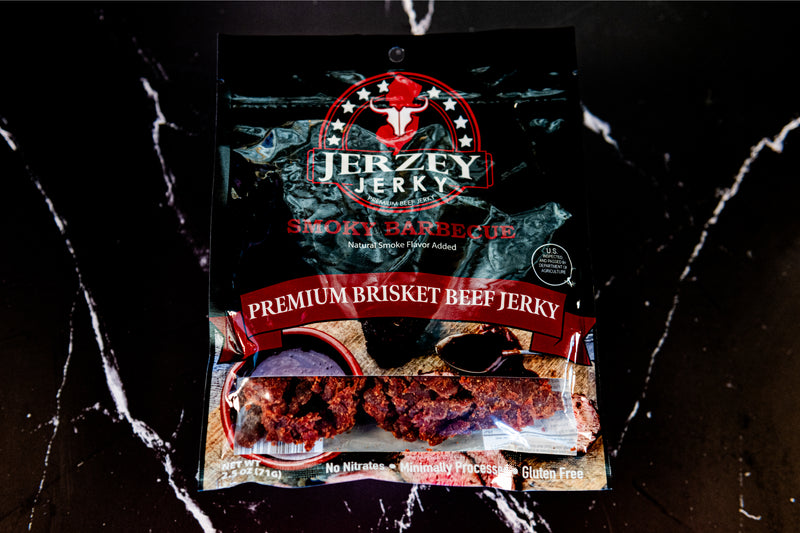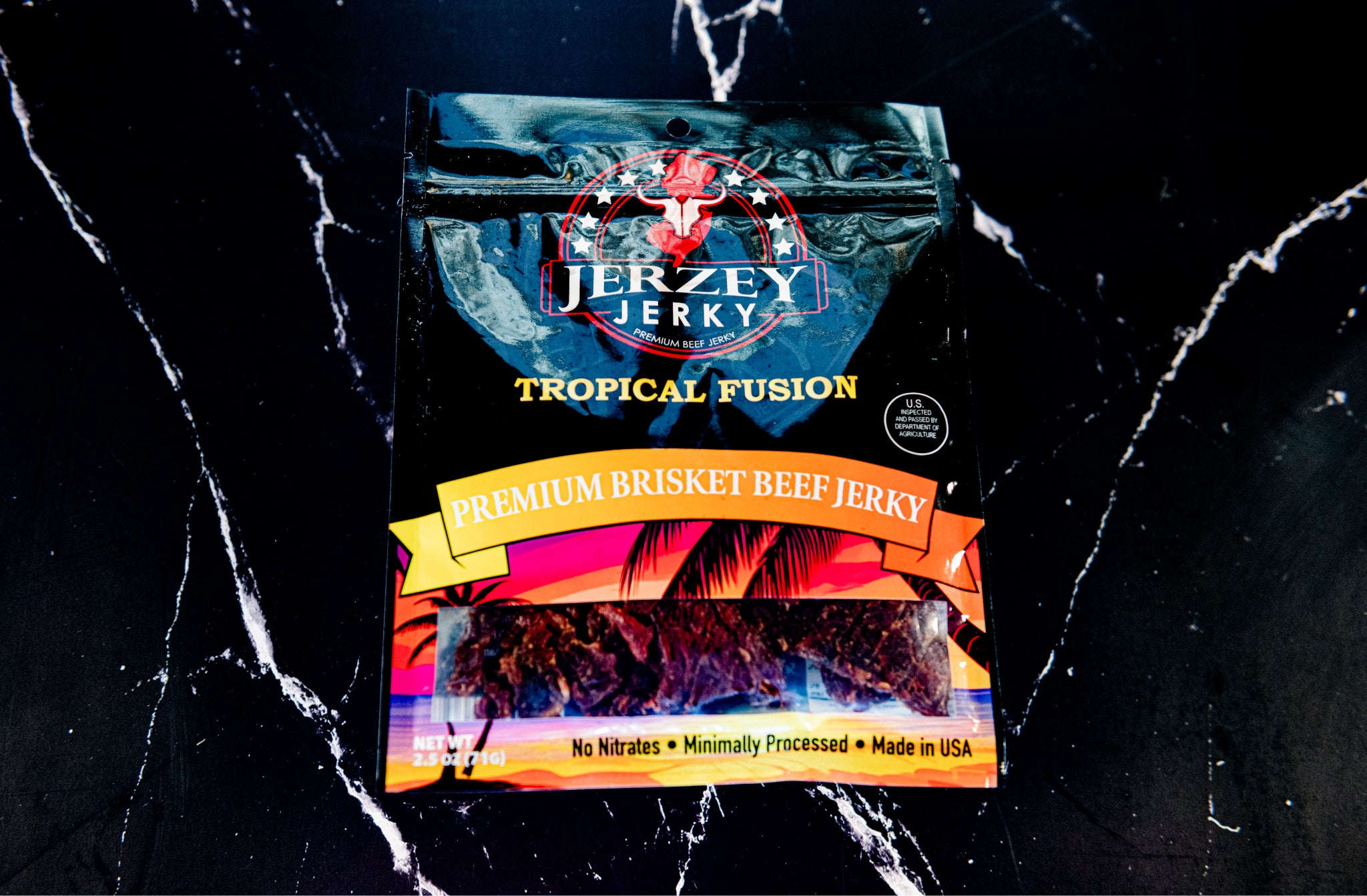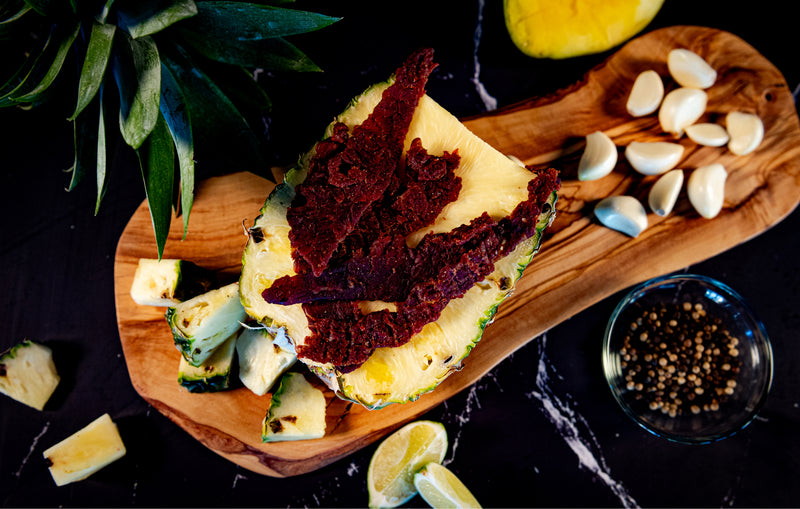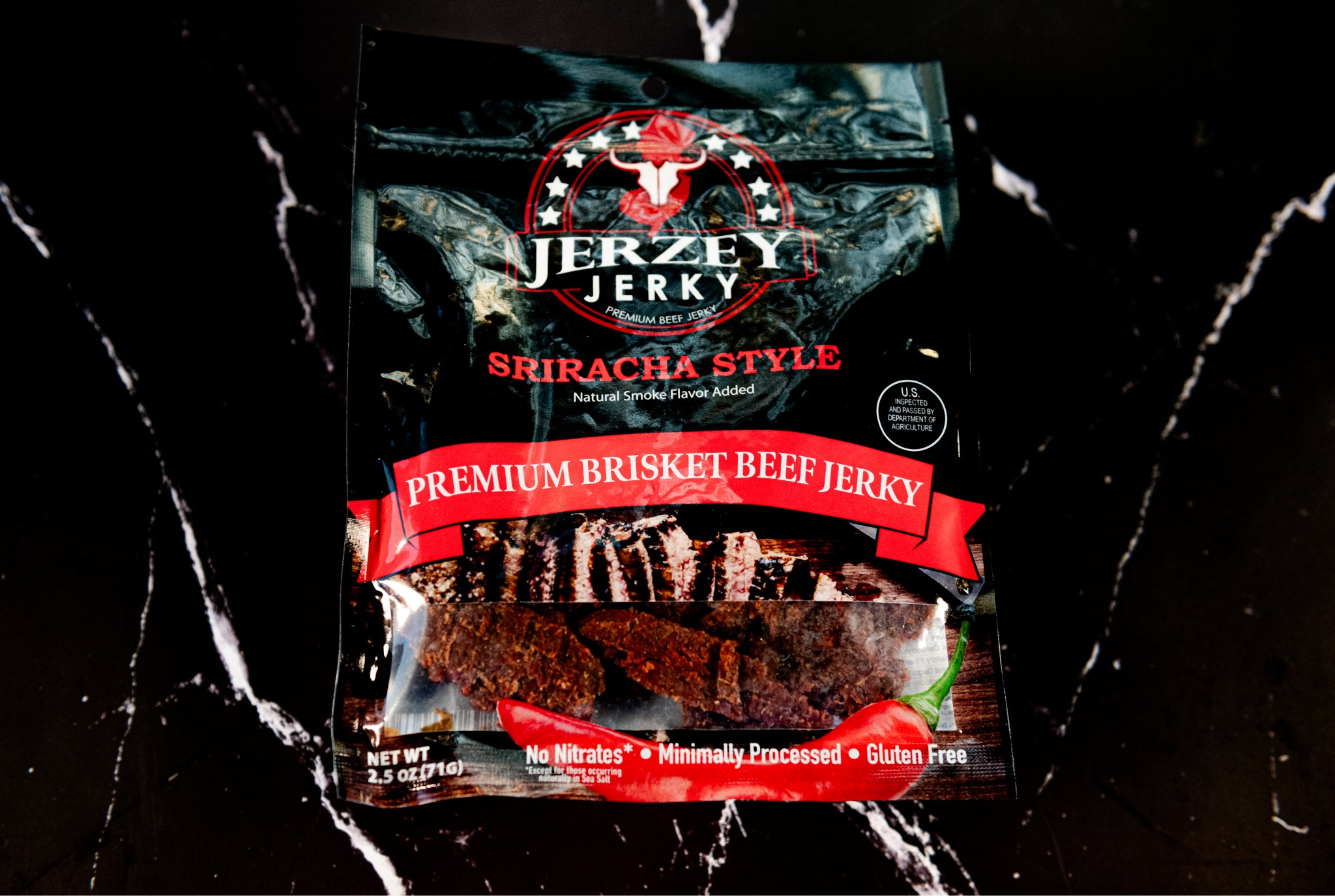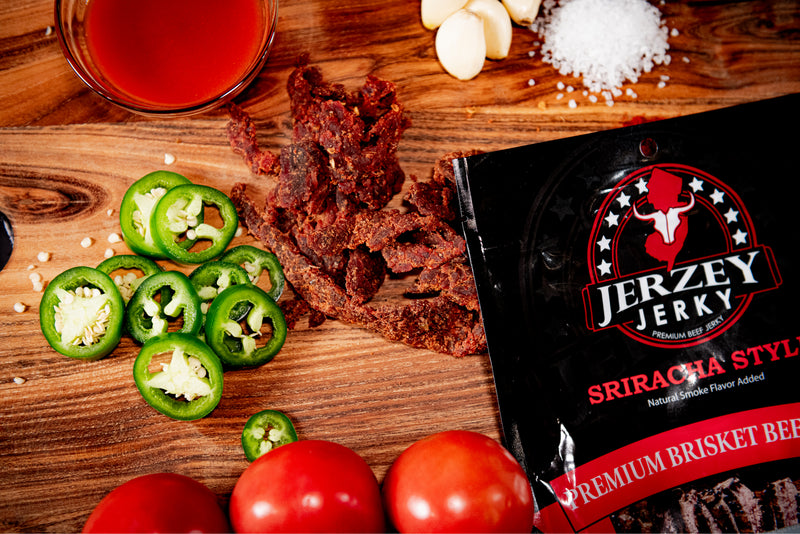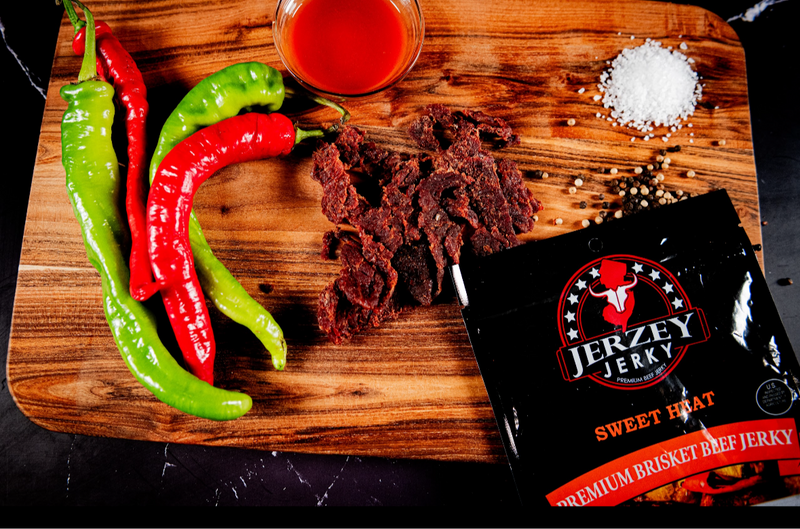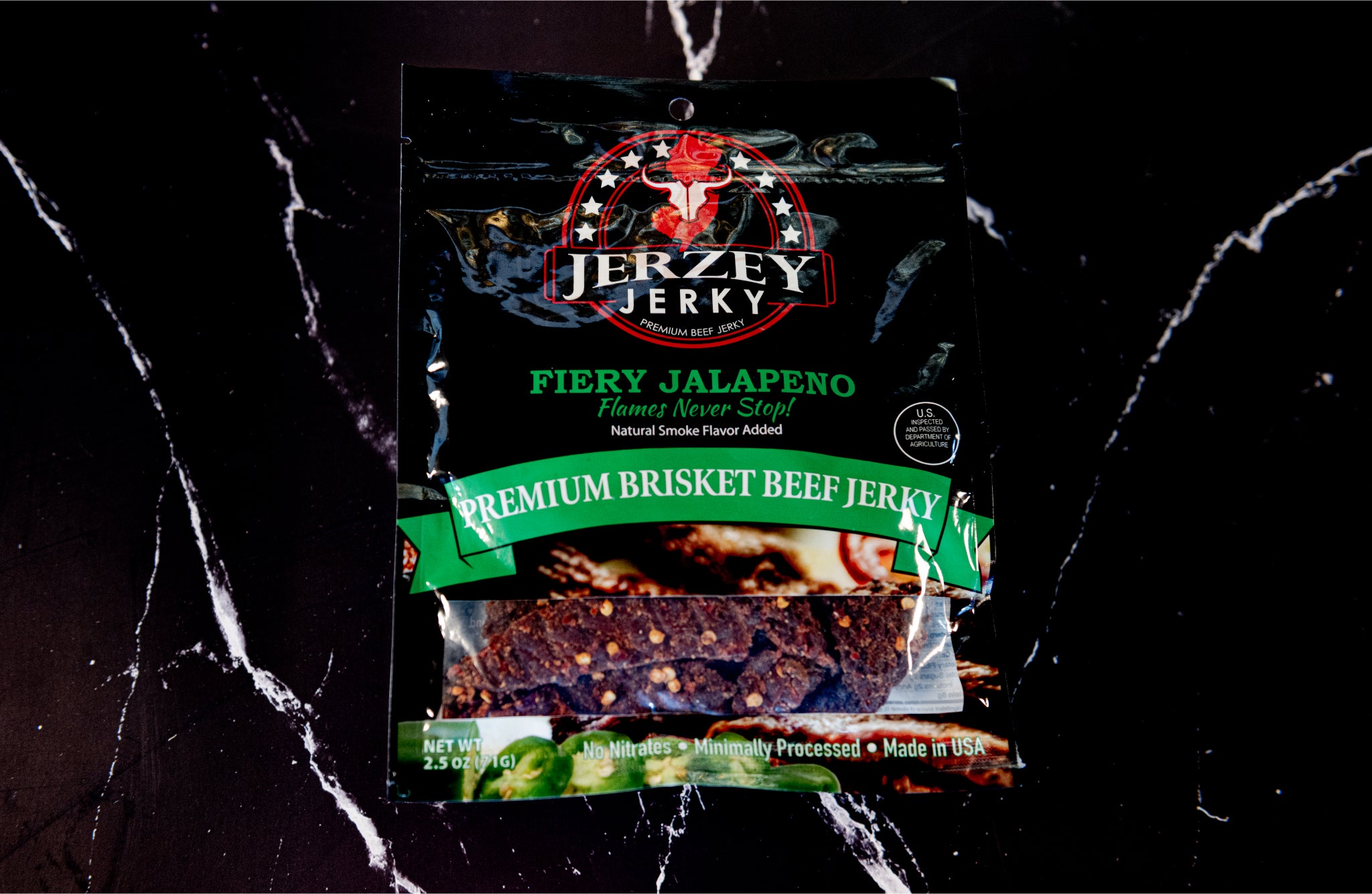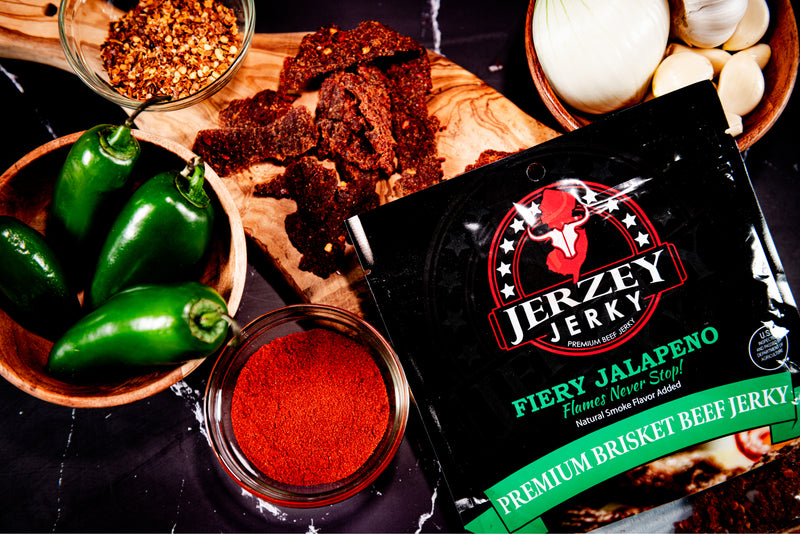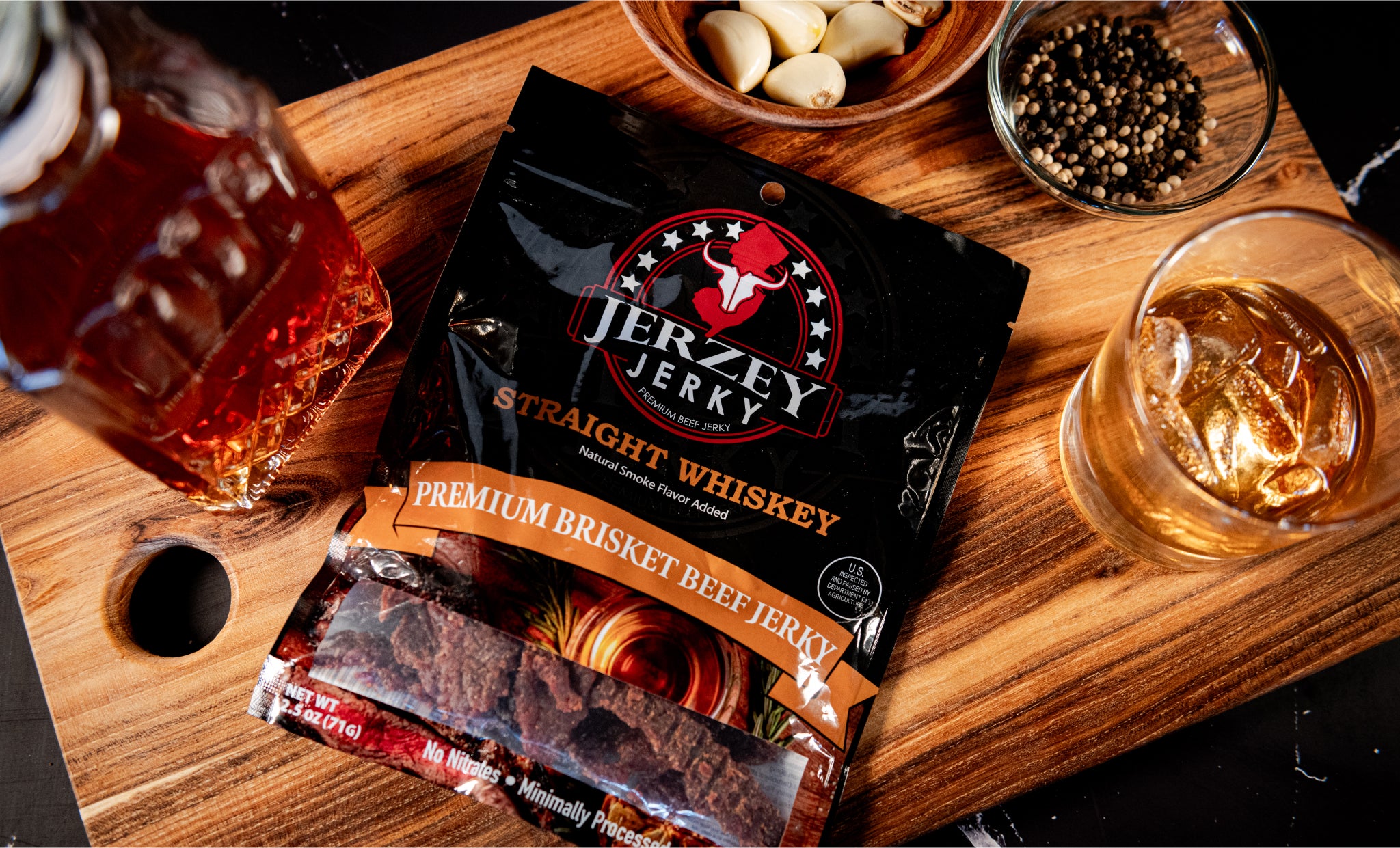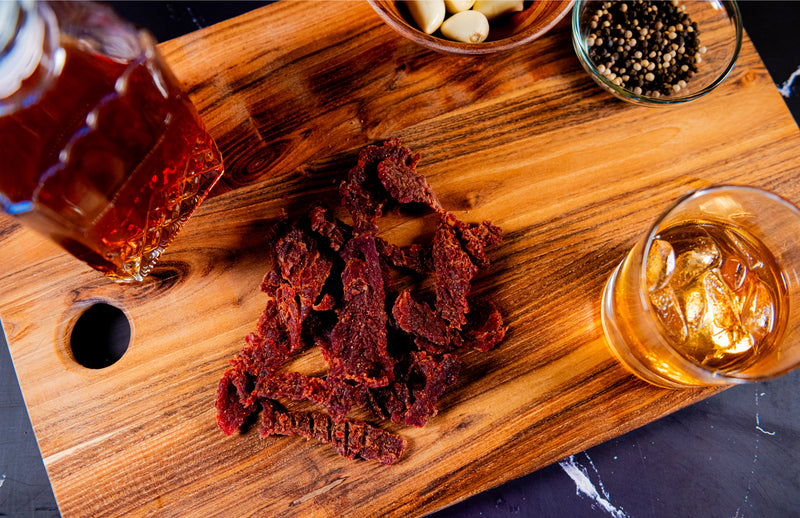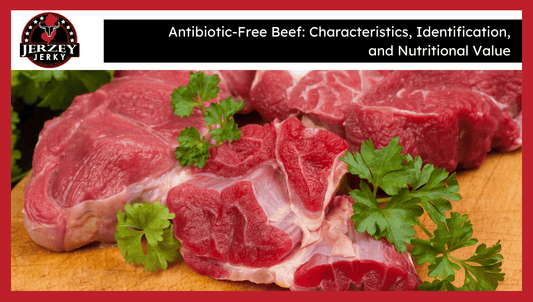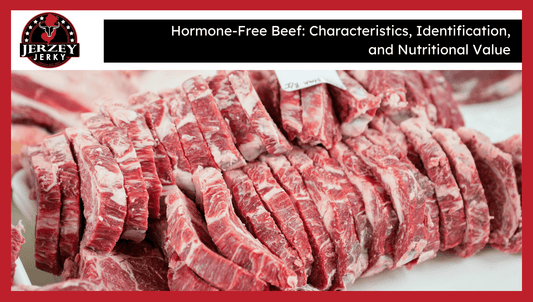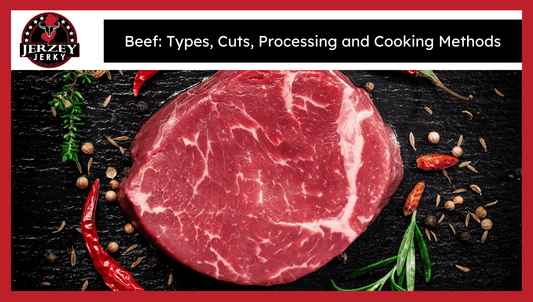
Can You Eat Beef Jerky on the Carnivore Diet?
Yes, beef jerky complies with a carnivore diet when it does not contain sugar, soy, and preservatives.
The carnivore diet allows consumption of animal-only foods. It eliminates all vegetable components and carbohydrates. Meat, fish, eggs, and animal fats provide energy and nourishment.
Harvard Medical School declares that zero-carb diets stimulate ketogenesis, a process that facilitates fat burning. This helps maintain regular energy and concentration throughout the day.
According to a 2021 study by the University of California's Department of Nutrition Sciences, 76 percent of participants reported improved digestion after eliminating plant-based foods. Elimination of fiber decreased bloating in four out of five people.
Beef jerky is acceptable as long as it consists of meat and salt. It must contain no plant additives in its ingredient label to fit the carnivore diet.

Is Beef Jerky Allowed on the Carnivore Diet?
Beef jerky is consumed on the carnivore diet in case it consists exclusively of animal products.
The carnivore diet excludes all plant-based foods. Beef jerky fits well into this category because it is made entirely from meat. Sugar or soy, or powdered flavors in jerky are a breach of carnivore principles.
A 2022 report on Carnivore Snax consumers revealed that 89 percent of strict carnivore diet consumers prefer additive-free jerky. This validates Jerkies' place in the complaint-free snack space when ingredient lists are kept clean.
Beef jerky is convenient. It aids in sustaining the diet on the road, at work or even in emergencies. The Jerky Co emphasizes its portability and lengthy shelf life which helps maintain a steady usage of meat without cooking or refrigeration.
Jerky made with meat, salt, and no preservatives only meets strict carnivore principles.
Shop the best-selling Carne Asada Beef Jerky - Brisket & Straight Whiskey Beef Jerky - Brisket !
How to Choose Carnivore-Friendly Beef Jerky
Here are 4 ways to choose carnivore-friendly beef jerky:
- Keep to Salt and Beef: Select pure beef and salt jerky. These basic ingredients adhere to the carnivore diet by only using pure animal products without any vegetal ingredients or tastes.
- Skip Marinades and Seasonings: Do not take pre-marinated or flavored jerky. They usually have sugar, spices, or other vegetable add-ons which do not comply with carnivore diet regulations, and therefore lower the purity of the product.
- Check Labels of Ingredients: Always read labels to make certain you are not getting sneaky sugars, soy, or preservatives. These additives are contained in many jerkies and go against carnivore diet recommendations and make the snack less appropriate to snack on when in a strict meat-only state.
- Choose Grass Feed Beef: Choose jerky with grass-fed beef. Grass-fed foods tend to possess more desirable nutritional value and align well with a clean carnivore diet that entails natural and high-quality animal products.
What are the Nutritional Benefits of Beef Jerky on a Carnivore Diet
The following are six nutritional highlights of beef jerky on the carnivore diet:
- Protein-Rich & Low-Carb: Beef jerky is a rich source of protein containing virtually zero carbs. This aids in the repair of muscle tissues, as well as helps in ketosis, which is a fat-burning metabolic state necessary in providing energy in the carnivore diet.
- Full Amino Acids Profile: Jerky has all nine amino acids. It is also essential to construct muscles, tissues, and enzymes and make the body perfectly functional with the rigid meat-only diet.
- Boosts Satiety: Beef jerky has high protein that makes one feel full. This makes it easier to follow the carnivore diet on a daily basis as hunger between meals subsides and there is a reduced preparedness to overeat.
- Portable & Convenient: Beef jerky does not need cooking, is light and easy to carry along and does not require any preparation. This is convenient when taking the carnivore food to travel, to work, or even when one has no open access to a kitchen.
- Shelf-Stable Fuel: Jerky does not spoil immediately, remaining fresh for weeks (or months) at room temperature. This shelf-life is what makes it a good outdoor snack, emergency food, or when there is no fresh meat.
- Promotes Weight Loss: Low-fat beef jerky and other high-protein snacks contribute to satiety and lower energy consumption as a whole. This helps to lose fat, but not muscle, in the carnivore diet.
What Ingredients Should You Avoid in Jerky?
Here are the four ingredients to be avoided in beef jerky on the carnivore diet:
- Sugar & Sweeteners: Sweeteners and sugar contain carbohydrates, which violate the zero-carb diet of the carnivore diet. These additives make the jerky less pure to conform to a strict carnivore diet, which targets animal products alone.
- Worcestershire and Soy Sauce: Worcestershire and soy sauces are made of gluten, additives, and vegetable products. This adds carbs and chemicals that violate carnivore diet principles, so jerky using these sauces is unacceptable to strict meat-only diets.
- Preservatives & MSG: Artificial chemicals added to processed foods include preservatives and MSG. Those who follow a strict carnivore diet avoid these and keep their diet clean of synthetic additives, and eat as close to nature as possible.
- Spices & Flavorings: Even the natural spices and flavorings are products of plants. The carnivore diet forbids these herbal seasonings to maintain the animal-based diet and only meat sources.
Can You Make Your Own Carnivore Jerky?
Yes, home-made jerky allows complete control of the ingredients. Consume grass-fed beef with salt only, as the jerky must be pure and conformable to the carnivore diet. Stay away from spices, sugars, or preservatives.
Dry the beef at 160°F or even in the aluminum oven- slow removal of moisture until the jerky becomes firm yet a little bit bendable. This drying method preserves the meat free of chemicals and additives.
Sealing the jerky in well-sealed containers or vacuum-sealed plastic bags also maintains its freshness and ensures it does not go to waste. It also keeps the flavor and texture for weeks through proper storage.
Homemade jerky avoids plant-based ingredients in the form of food additives and leads to serious carnivore eating in terms of minimal processing and superb meat.
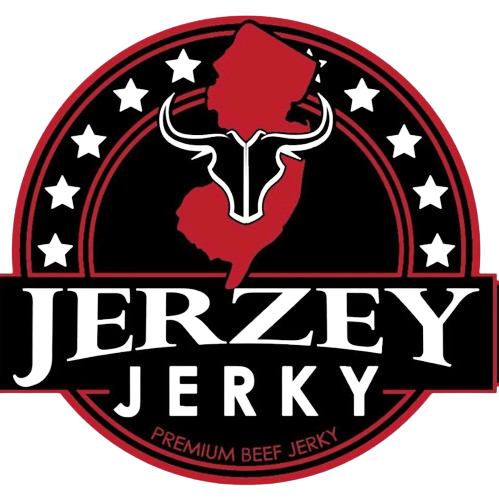
 2025-07-23
2025-07-23
 Wayne Holland
Wayne Holland

